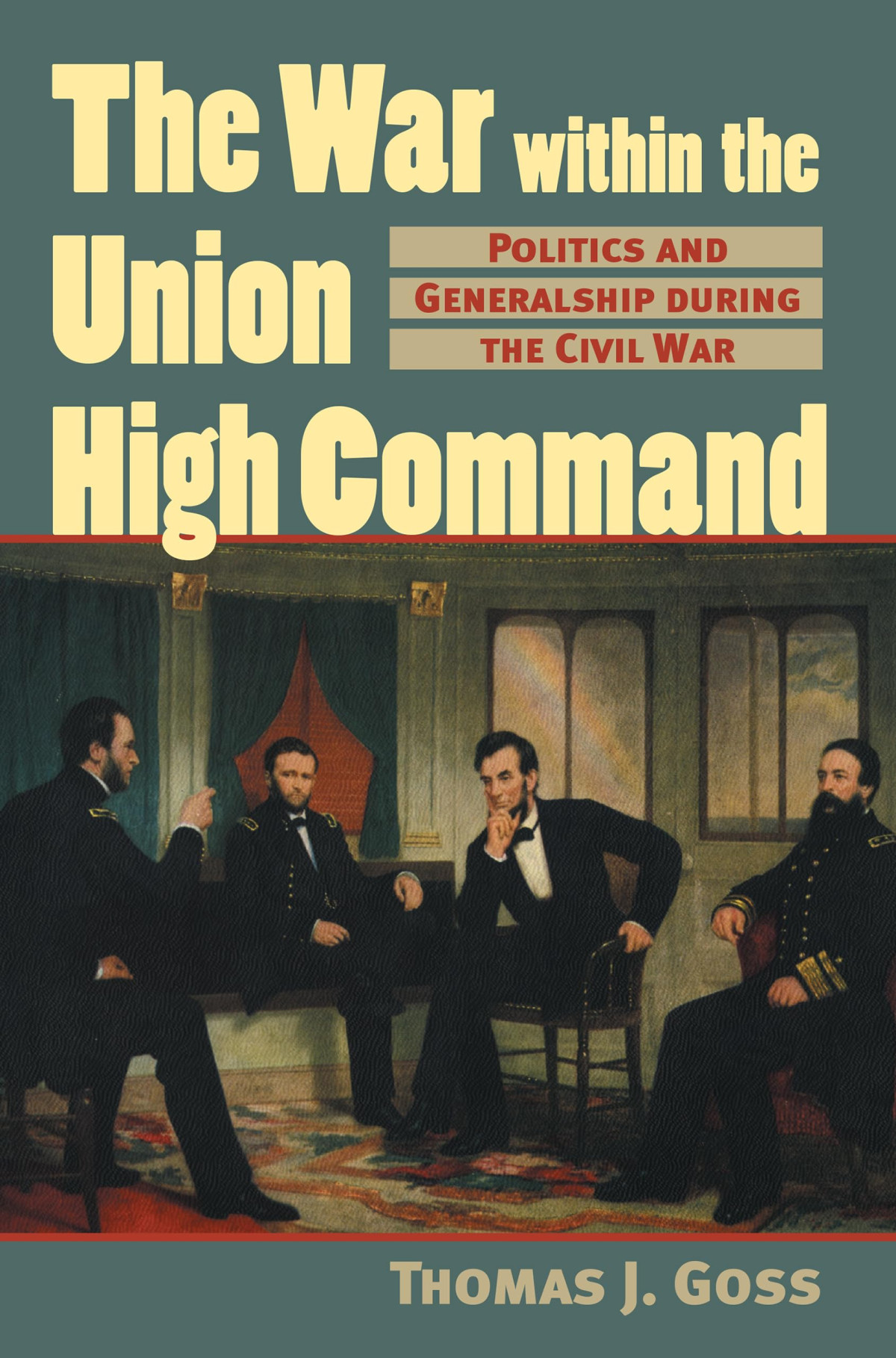

Most ebook files are in PDF format, so you can easily read them using various software such as Foxit Reader or directly on the Google Chrome browser.
Some ebook files are released by publishers in other formats such as .awz, .mobi, .epub, .fb2, etc. You may need to install specific software to read these formats on mobile/PC, such as Calibre.
Please read the tutorial at this link: https://ebookbell.com/faq
We offer FREE conversion to the popular formats you request; however, this may take some time. Therefore, right after payment, please email us, and we will try to provide the service as quickly as possible.
For some exceptional file formats or broken links (if any), please refrain from opening any disputes. Instead, email us first, and we will try to assist within a maximum of 6 hours.
EbookBell Team

0.0
0 reviewsThomas Goss, however, offers a new and more positive assessment of the leadership qualities of these Northern commanders. In the process, he cuts through the stereotypes of political generals as superfluous and largely inept tacticians, ambitious schemers, and military failures. Goss examines the reasons why the selection process yielded so many generals who lacked military backgrounds and explores the tense and often bitter relationships among political and professional officers to illuminate the dynamics of Union generalship during the war. As this book reveals, professional generals viewed the war as a military problem requiring battlefield solutions, while appointees (and President Lincoln) focused more emphatically on the broader political contours of the struggle. The resulting friction often eroded Northern morale and damaged the North's war effort.
Goss challenges the traditional idea that success was measured only on the battlefield by demonstrating significant links between military success and the achievement of the Union's political objectives. Whether professional or appointed, Goss reminds us, all generals could be considered political inasmuch as war is a continuation of politics by other means. He shows us that far more was asked of Union commanders than to simply win battles and in so doing urges a new appreciation of those appointed leaders who were thrust into the maelstrom of the Civil War.